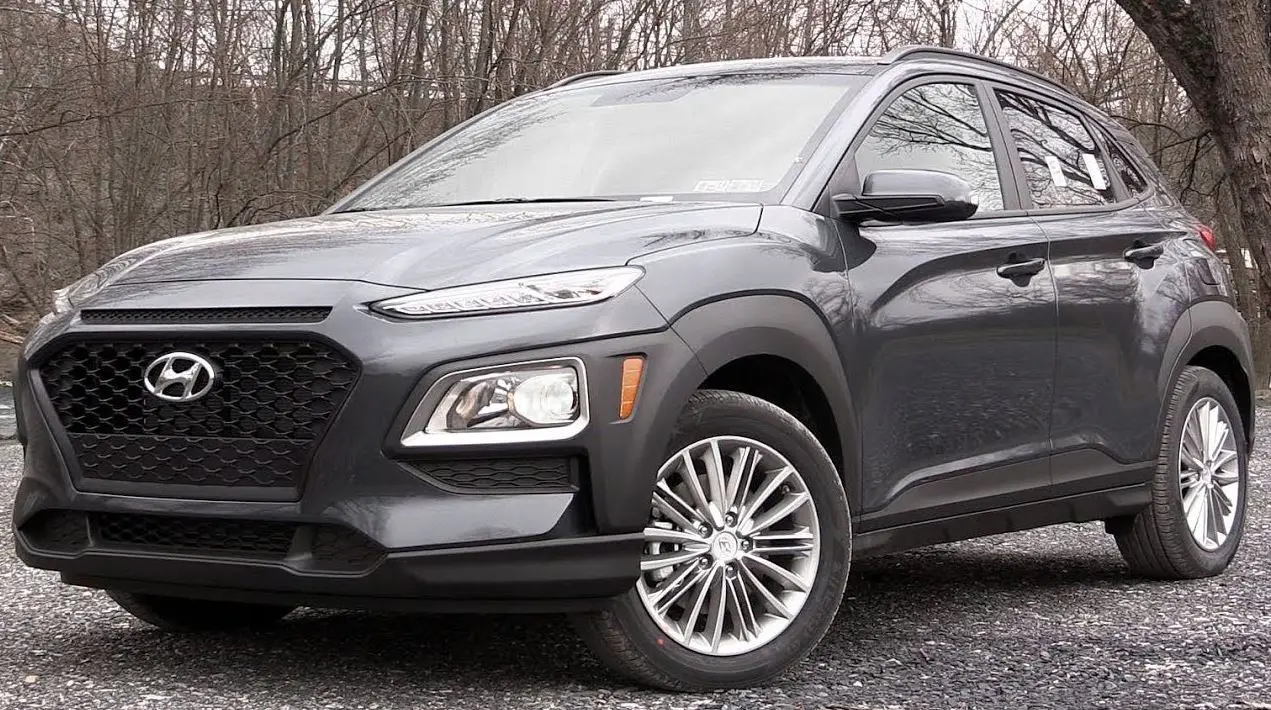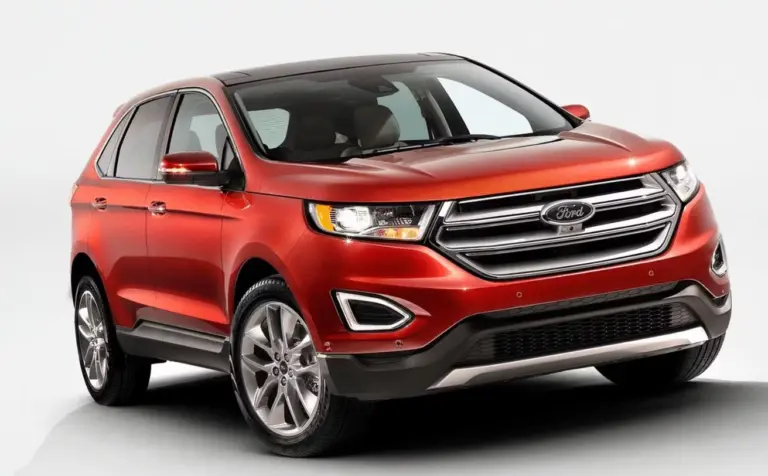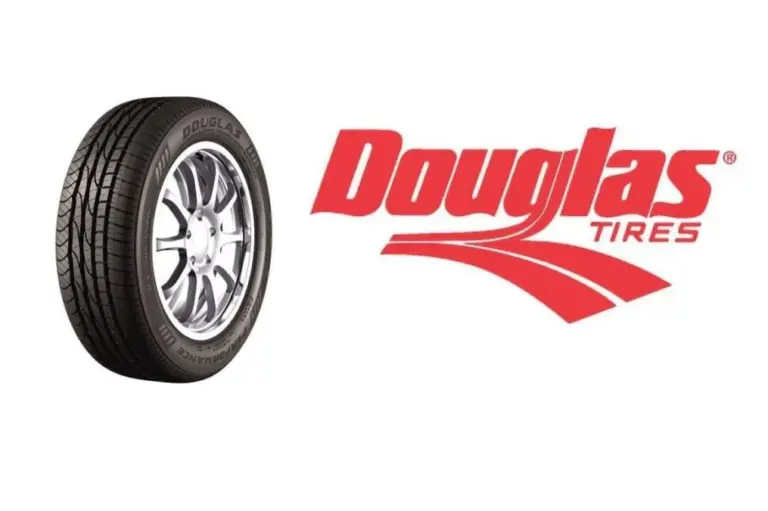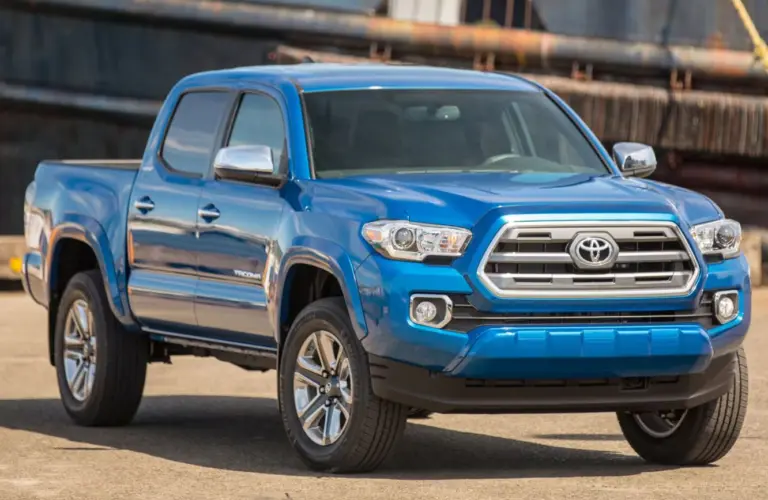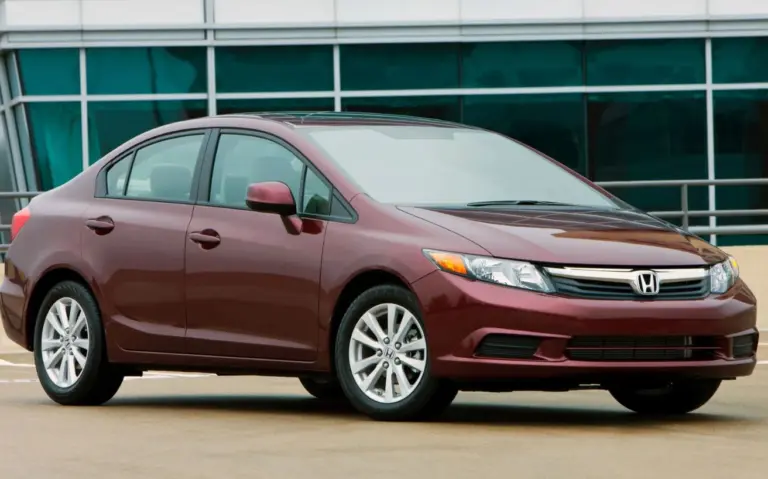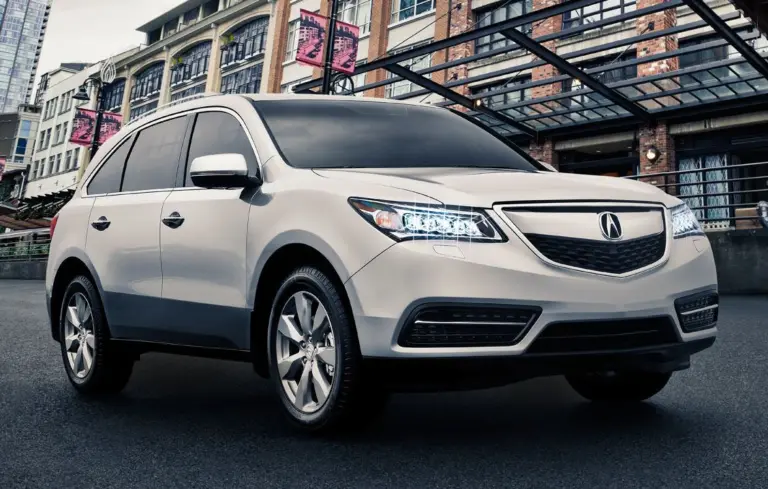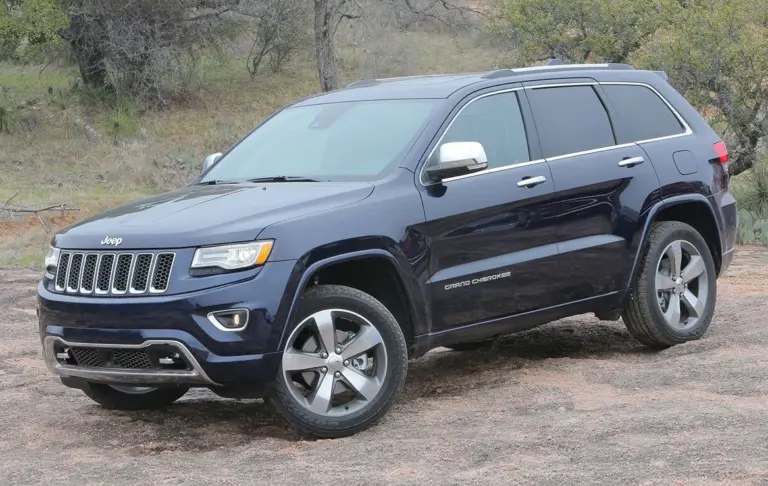Hyundai Kona Years to Avoid (Updated)
The Hyundai Kona is a popular compact SUV known for its modern design and impressive features. However, not all model years are created equal. Certain years have shown recurring issues, making them less reliable than others. Knowing which Hyundai Kona years to avoid can save you from unexpected repairs and high maintenance costs.
For potential buyers or owners, understanding these concerns is essential for a smoother experience. In this article, we’ll share the Hyundai Kona years you should reconsider, highlighting key problems reported by owners and experts. By the end, you’ll have clear insights to help make a well-informed decision about your vehicle purchase or ownership. Ready to make a better choice? Let’s get started.
Hyundai Kona Model Years to Avoid
When buying a used Hyundai Kona, some model years stand out for their frequent complaints and technical issues. The 2018 and 2019 models, in particular, have faced significant criticism for various reliability concerns. Let’s break down why these years are best avoided.
| Model Year | Key Issues |
|---|---|
| 2018 | Engine stalling, electrical malfunctions, safety feature failures |
| 2019 | Engine recalls, airbag deployment issues |
2018 Hyundai Kona
The Hyundai Kona debuted in 2018, but the first impression wasn’t perfect. Owners of this year reported several engine-related issues, such as stalling, unusual knocking sounds, and even engine failures. These problems not only affected performance but also led to costly repairs. Additionally, electrical system malfunctions were common. Features like the blind-spot collision warning and other safety systems failed to work reliably, compromising driver safety.
The 2018 model was a learning curve for Hyundai, as it often is with debut vehicles. Manufacturing inconsistencies and software glitches plagued this version, making it a risky option for buyers.
2019 Hyundai Kona
Although some improvements were made, the 2019 Kona didn’t escape its share of setbacks. Hyundai had to recall thousands of 2018–2020 Kona and Veloster models due to defective piston oil rings. These defects caused engine damage, excessive oil consumption, and even complete stalling while driving.
Another alarming issue was safety system failures. Some owners reported airbags failing to deploy during accidents. This raised serious concerns about the vehicle’s reliability in critical situations.
Avoiding these two years can save you the frustration of dealing with recurring issues. Focus on more recent models that offer better reliability and refined features.
Common Issues in These Model Years
The 2018 and 2019 Hyundai Kona models share a variety of problems that affect their performance and reliability. Understanding these issues can help you make an informed decision when considering a used Kona.
Engine Failures
One of the most reported problems in these years involves the engine. Owners frequently experienced stalling, knocking noises, and excessive oil consumption. In some cases, engines completely failed, leaving drivers stranded. The recall addressing defective piston oil rings highlights the severity of this issue. Such engine problems can lead to expensive repairs and diminished trust in the vehicle’s overall performance.
Electrical System Malfunctions
Electrical issues plagued these models, especially the 2018 Kona. Critical systems like the infotainment unit and safety features often malfunctioned. Drivers reported that blind-spot warnings, lane-keeping assist, and forward collision-avoidance assist were unreliable or stopped working altogether. These malfunctions not only disrupt convenience but also compromise safety on the road.
Safety Feature Failures
Safety concerns go beyond malfunctioning systems. In some instances, airbags in the 2019 Kona failed to deploy during collisions, raising serious red flags. These failures put passengers at greater risk during accidents and underscore why these years are less desirable.
These common issues make the 2018 and 2019 Hyundai Kona less appealing to buyers. Addressing these problems through recalls or repairs may help, but avoiding these years altogether is a safer bet.
Frequently Asked Questions (F.A.Q)
Are newer Hyundai Kona models more reliable?
Yes, Hyundai has improved the Kona significantly in newer models. Vehicles from 2020 onwards exhibit fewer issues compared to earlier versions. Enhanced safety features, better engine reliability, and improved build quality make them a smarter choice. While no car is completely free from problems, these updates address many of the concerns seen in older models.
How can I check if a used Hyundai Kona has been recalled?
To check for recalls, you can use the National Highway Traffic Safety Administration (NHTSA) website. Enter the vehicle’s VIN to view any open recalls. This ensures that the manufacturer has resolved any major issues. Staying updated on recalls also helps you maintain your car’s safety and performance.
What should I do if I own a 2018 or 2019 Hyundai Kona?
If you already own one of these models, ensure all recall repairs have been completed. Regular maintenance is also crucial to mitigate potential issues. Keep an eye on engine performance, oil consumption, and the functionality of safety systems. If problems arise, address them promptly to avoid costly repairs and ensure your safety.
Is it worth buying a used 2018 or 2019 Hyundai Kona if the price is low?
While the price might be tempting, you should proceed with caution. Ensure the vehicle’s history is clean and that it has undergone necessary recall repairs. Even then, consider whether potential future repairs might outweigh the initial savings. Weighing the risks and rewards carefully is essential for a smart purchase.
Wrapping Up
The Hyundai Kona is a stylish and practical compact SUV, but not all model years deliver the same reliability. The 2018 and 2019 models stand out for their recurring issues, including engine failures, electrical malfunctions, and safety feature concerns. While Hyundai has addressed some of these problems through recalls and improvements in later models, the risks associated with these earlier years make them less appealing for buyers.

